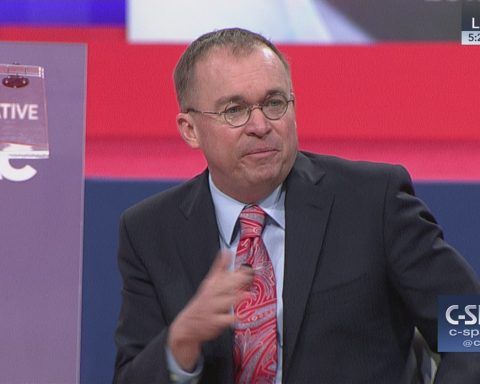If you have read in my past columns, I have a “love-affair” with North Korea. No, I don’t want to defect like James Joseph Dresnok did in the 1950s; but, more or less, I hold a deference for the people that comprise the true makeup of the oppressed population.
To our avail, analysts of North Korea long question the grip that the country has on its people. Obviously, the one thing that prevents an uprising against a despotic government is an effective international and domestic propaganda machine that demonizes the United States as imperialists, etc.
Essentially, the main point I wish to analyze is one of many cogs, yet one of the most important is North Korea’s film industry and how the Kim dynasty has had a long-winded veneration of the silver screen.
Based on my research for the Open Korea Project that I help lead, I have found that the key points studios and elements of North Korea’s film industry use to create patriotic films center on three things:
First: Supporting the party, the ideology of Juche (North Korea’s brand of socialism), and the resolve and resilience of the North Korean people.
Second: Pushing the importance of a unified Korea under the North’s banner.
Third: To demonize the West as best as possible for Imperialism, supported by the United States and their alleged puppet state in the South.
Clearly, a lot of this can be put up to debate unto what movie’s in the repressed country seek to accomplish; yet, the existence of film in the mixed bag of Military-first policy and absolute statism is an anomaly in its own right. An effective propaganda machine exists in the country, not because of a central state news media or an external network of pro-North advocates abroad, but because of the universal right to an education that results in 20-some years of mass indoctrination.
Granted, the education system is just the tip of the ice berg; however, when someone is taught consistently to express admiration for a “Great Leader” and then sees it in a movie that their family goes to watch at a cinema with similar contextualization, it’ll stick. From there, the effectivity of North Korean film on a typical citizen of the Democratic People’s Republic will be long lasting.
Within the field of film, as well, the soft power plays of the country’s past and current leadership draws in ideology and its importance. Kim Jong Il, the most recent Kim to die, authored On the Art of the Cinema and is considered one of the most important tomes on North Korean film.
There is even a case that can be made that Kim Jong-Il’s cementation of power was derived from the publishing of this book, post mortem of his father, Kim Il Sung’s, death.
According to his teachings, an effective film is for the purpose of the party and to showcase its ideology. Through the theory of humanics, the state of thought that question how to live a good life, and the seed theory, a state of thought that you direct all theatrical and artistic content to support an overarching ideology, you have a North Korean film. Including nationalist and socialist context with this type of film, style leads to the production of films of like critically acclaimed The Flower Girl. The film, a take on an anti-Japanese guerrilla movement in the 1930s, defined the revolutionary genre of North Korean theatrics.
Since then, other films have been produced and sent worldwide as an assertion of North Korea’s dominance in culture, and essentially, a result to its soft power pleads to the revolutionary masses.
Nevertheless, a North Korean film on the international stage is very ominous. Very rarely does it receive distribution outside of the country; yet, when a project has been distributed from the DPRK, praises abound. In the end of it all, though, to me, the end goal for North Korean film is to serve as the weapon of propaganda in the realm of Cinema.
In our modern state of affairs, the DPRK has placed the entire world in a precarious situation. As both sides have nuclear capabilities and weapons pointed at each other, a film can serve as a unique way to open up negotiations.
You may scoff at the idea and may side with the “nuke’em camp” (I am almost there, FYI), but the impacts that cultural exchanges between countries have had little impact but the effective impact, in regards to the segments of the society being targeted for impact. One thing is for sure, you enter a different state of being when a film is in play.
Yeah, Hollywood is a liberal vat of congealed self-righteousness, but many in the Celebrity ranks of the United States have thrown “a bone” to the advancement of bilateral foreign policy change. It may be worth looking at… All I am saying.
I am going to assert what I have said in the past… We need to have a commitment to South Korea and our Asian allies. However, we cannot forget that billions of people fall in between Pyongyang and Washington D.C.
Sometimes, understanding a culture and encouraging the best possible outcomes can open up a repressed state like North Korea and bring in a pro-free market, pro-liberty, pro-human rights change to the oppressed people.
Nukes work. Military force works. But, sometimes, political change rises from the humanist components of a society.









